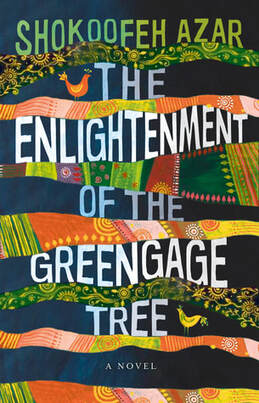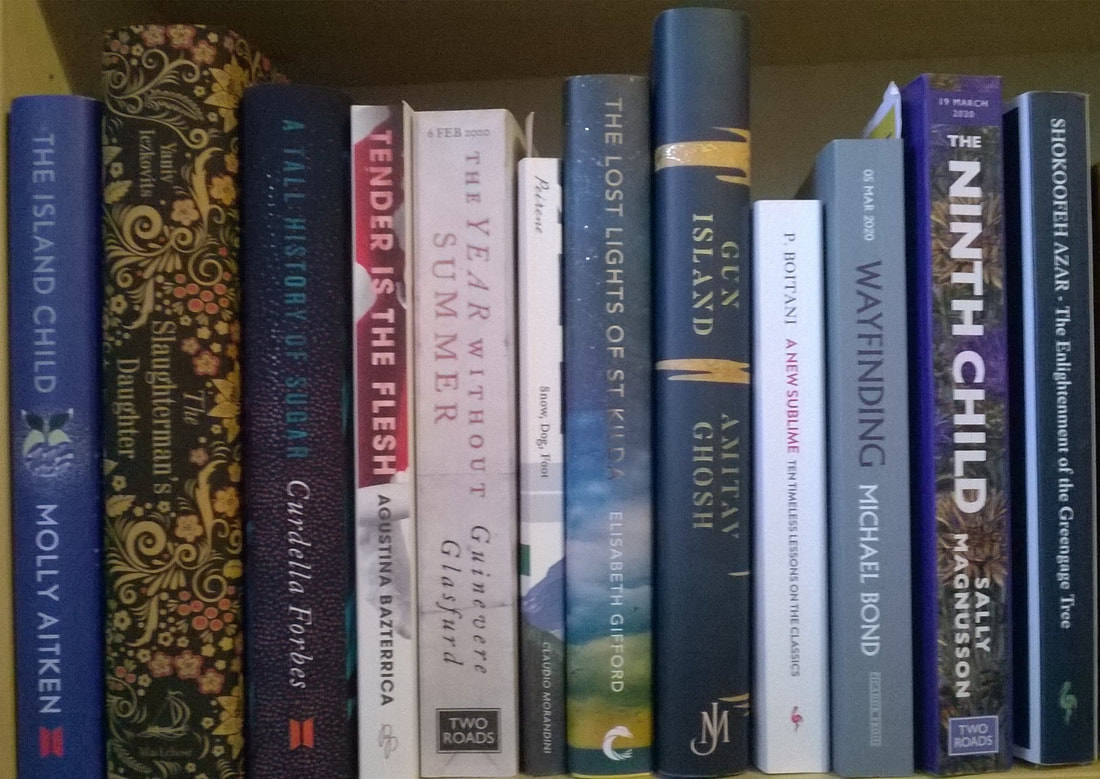The Ninth Child by Sally Magnusson
In her second novel, Sally Magnusson draws on this history to create a compassionate story of the clashing cultures of science and superstition, of male and female, rich and poor.
Isabel’s marriage to Alexander is starting to go stale when he is appointed as company doctor for the newly-formed water board. A relationship that began with mutual respect and interest in Alexander’s work has soured with the inexpressible grief of multiple miscarriages. Trained in little but gossip and idleness, she resents his ability to lose himself in purposeful activity. Grossly unprepared for rural life, Isabel quickly adapts, discovering a love of landscape and lengthy walks. In some of these she falls into step with Robert Kirke, an educated tramp who both shocks and soothes her.
There’s a humorous touch to the opening chapters – and cameo roles for Queen Victoria, Prince Albert, and Florence Nightingale – which gradually darkens. Although the folklore fits with the setting, I was much more interested in the social themes of the origins of public medicine and the tragedy of female lives wasted for want of something to do. But Isabel is too feisty character to succumb.
An admirable follow-up to The Sealwoman’s Gift. Thanks to Two Roads for my proof copy.
The Enlightenment of the Greengage Tree by
Shokoofeh Azar translated by Anonymous
How to tell the world about the aftermath of the 1979 Islamic revolution? How to engage readers in a story of devastation they think they already know? In her debut novel, Shokoofeh Azar, who moved to Australia in 2011 as a political refugee, snags our interest by blending the horror with magic realism and making her narrator, Bahar, a ghost. The result is a highly unusual novel about mourning and madness in a country descending into cruelty and chaos, along with a meditation on the power of storytelling to make the unbearable slightly easier to bear.
The human tragedy is echoed in the manner in which the story is made available to English readers, in that the translator has had to remain anonymous for their own safety. Thanks to Europa editions for my review copy.
While you’re here, a gentle plug for my short story “Elementary Mechanics”, one of forty-four in my collection on identity, which was inspired by a radio broadcast the anti-intellectual fervour of the Khomeini regime. Click on the image below for more about my collection.
And click on the image below that to see the rest of the month’s posts, including reviews of eight other novels and two non-fiction books.

























 RSS Feed
RSS Feed





















